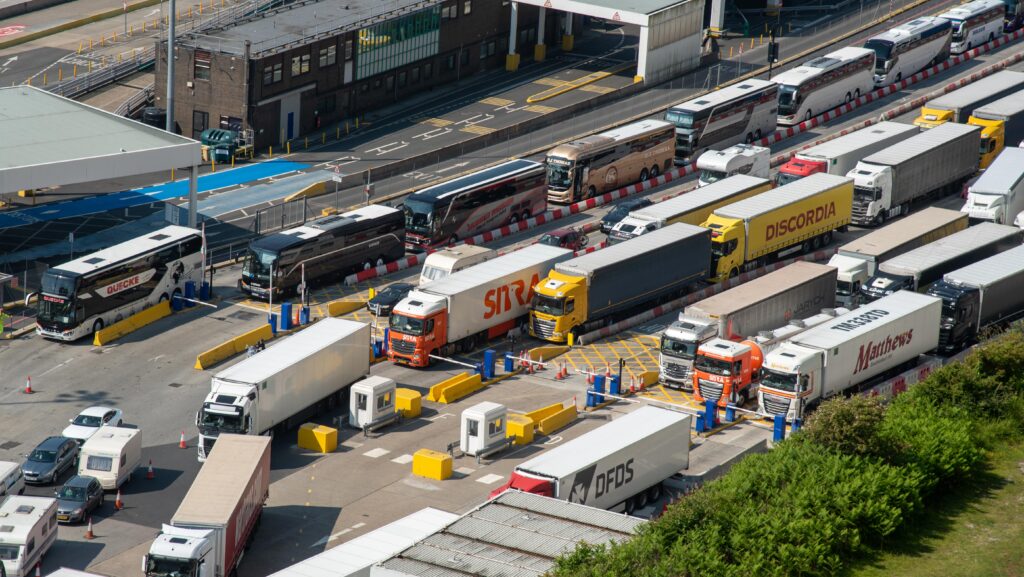New border controls to prioritise ‘highest risk goods’
 © Adobe Stock
© Adobe Stock Post-Brexit border checks on animal, plant and food products will not be fully implemented when they are introduced later this month amid concerns this could cause “significant disruption”.
Less than two weeks until the new border control regime is introduced on 30 April, the UK government has told the port authorities it will not immediately launch the full system of checks on products imported to Great Britain from the EU.
Defra said documentary checks will happen for all risk levels. For physical checks these will initially focus on goods that pose the most risk to UK biosecurity, across both high and medium Border Target Operating Model (BTOM) risk categories – and will build up to full check rates.
See also: ‘Unworkable’ post-Brexit checks to send potato prices up
“This is to ensure a pragmatic and phased approach to both protect biosecurity and minimise disruption,” said a spokesperson.
Defra told Farmers Weekly it had always said that it planned to introduce a phased approach to checks at borders, and that priority checks from day one will be on the “highest risk goods”.
Industry concern
However, industry groups are concerned that critical checks on animal, plant and food products could be missed by this “phased implementation approach”, increasing concerns over possible disease outbreaks in animals or plants in the UK.
According to a report in the Financial Times, Defra revealed in a presentation to the managers of ports that the new system is not fully prepared for the level of checks they now expect will be needed.
In its presentation, Defra told port authorities there are still “challenges” within its systems for registering imports of food and animal products. And there was potential for “significant disruption” on day one “if all commodity codes are turned on at once”.
The British Meat Processors Association (BMPA) is anticipating delays at ports, added costs to industry (which many businesses will struggle to afford) and a loss of trade flexibility when the system is introduced.
Nan Jones, the BMPA’s technical policy manager, said: “We are hearing of a high rate of mistakes being made in the paperwork that now has to accompany consignments coming into the UK.
“This is particularly around ‘no matches’, which is where the reference number for the customs declaration does not coincide with the data entered by the person raising the notification into the Defra IPAFFS [Import of Products, Animals, Food and Feed System] Service.”
Once the new border controls come into force, these errors will result in consignments being directed to a border control post for an inspection. “This could result in UK border posts being overwhelmed with extra work they are not equipped to process”, said Mr Jones.
Defra statement
A Defra spokesperson said: “As we have always said, the goods posing the highest biosecurity risk are being prioritised as we build up to full check rates and high levels of compliance.
“Taking a pragmatic approach to introducing our new border checks minimises disruption, protects our biosecurity and benefits everyone – especially traders.”
The introduction of new UK border controls has been postponed five times since 2021. During this time, EU exporters of animal and plant products have been free to send them to the UK without checks.
The Cold Chain Federation, which represents the temperature-controlled logistics system in the UK, has urged Defra secretary Steve Barclay to postpone full implementation of the BTOM to allow time to address “serious issues in consultation with the food logistics industry”.
